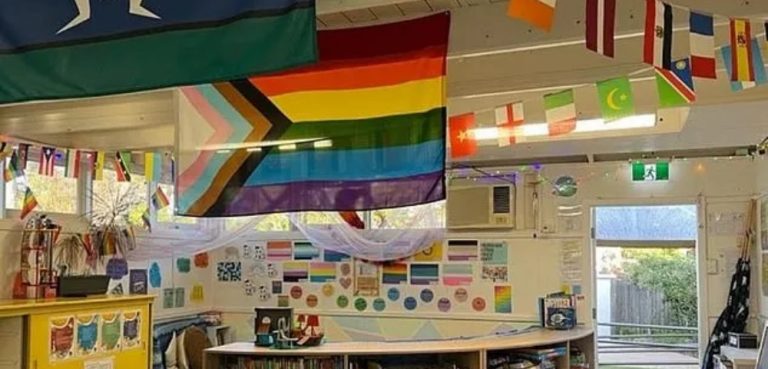A study into LGBTQIA+ heritage by the City of Yarra has led to heritage protection for three significant queer venues in Melbourne’s inner suburbs, including The Laird Hotel, marking a major milestone in the preservation of queer history in Australia.
The Yarra Council has unanimously approved the findings of the LGBTQI+ Heritage Study, a first-of-its-kind initiative globally.
The study identified 91 sites of cultural and historical significance to the LGBTQIA+ community within the area informally known as “Northside”, a precinct spanning parts of Fitzroy, Collingwood, Carlton, Abbotsford and Richmond.
Of those 91 locations, three have been earmarked for formal protection through new heritage orders, this include The Laird Hotel in Abbotsford, the former Star Hotel (now operating as Ozihouse student hostel) also in Abbotsford, and community radio station 3CR on Smith Street in Fitzroy.
The Laird, a cornerstone of Melbourne’s gay scene since the 1980s, is particularly notable for its role in serving the bear, leather and fetish communities and is known as one of Australia’s longest-running gay venues.
In 1998, the venue was granted an exemption from anti-discrimination laws, allowing it to operate as a men-only space, this is inclusive of both cisgendered and trans men,.
Brett Lasham, who has owned The Laird since 2007, welcomed the recognition.
“We’re certainly flattered on behalf of all the people who’ve had something to do with this pub in the past,” he said.
“I can’t claim all that, but carrying on the flame of the pub is certainly an honour.”
In addition to the three newly protected sites, several other historic LGBTQ venues, including The Peel, DT’s Hotel and the former Glasshouse Hotel (now Le Bon Ton), are already heritage-listed for their architectural significance.
These listings will be updated to include recognition of their roles in LGBTQ history.
Dr Sean Mulcahy, co-lead at Rainbow Local Government, praised the council’s actions.
“Yarra has always been a place where the LGBTIQA+ community could gather, whether that’s to organise or whether that’s to celebrate,” he said. “And it’s so wonderful to see work done to capture those particular histories of place.” He added, “It ensures that LGBTIQA+ heritage is properly recognised and protected in the City of Yarra… My hope is that this sets an example that can be adopted … because it’s so important to recognise and protect our histories and our stories.”
The study also recognised the historical significance of now-closed venues such as Club 80 in Collingwood, once a central player in Northside’s alternative queer scene.
The precinct, which includes Brunswick, Gertrude, Smith, Peel, Gipps, Hoddle and Wellington Streets, emerged as a vibrant cultural hub for LGBTQ people seeking spaces beyond the commercialised offerings of Commercial Road in Prahran.
Radio station 3CR was acknowledged for its inclusive and activist programming, while the former Star Hotel was praised for hosting queer-focused events, especially those aimed at Asian and Indigenous LGBTQ communities.
Yarra mayor Stephen Jolly highlighted the area’s pivotal role. “We’ve got more clubs than you can poke a stick at, five times the state average of same-sex marriages,” he told a recent council meeting.
“It’s not only something that we’re really proud of, but also it’s a massive part of our local economy.”
As part of the council’s resolution, LGBTQ histories will be formally integrated into five existing heritage precincts across Fitzroy, Collingwood and Carlton.
Additionally, the council will pursue increased funding for access to the AIDS Memorial Garden at the former Fairfield Infectious Diseases Hospital, and install commemorative plaques at venues identified in the review.
Although the venues listed under new heritage overlays will not be required to maintain their current functions as LGBTQ spaces, the protections will limit structural changes or demolition, ensuring the preservation of their physical and cultural legacy.


